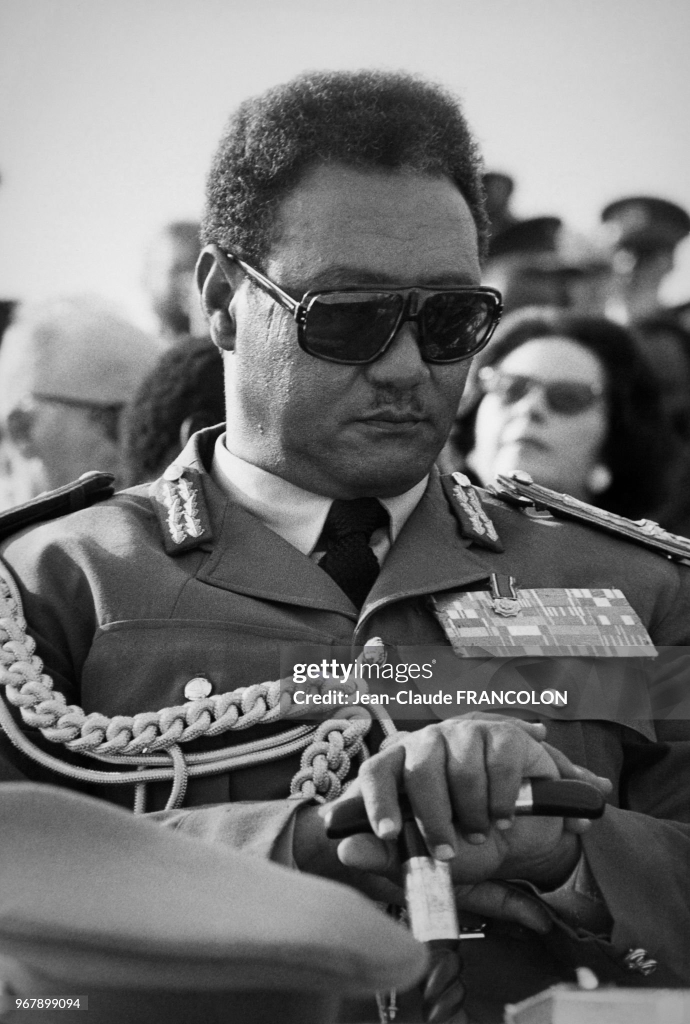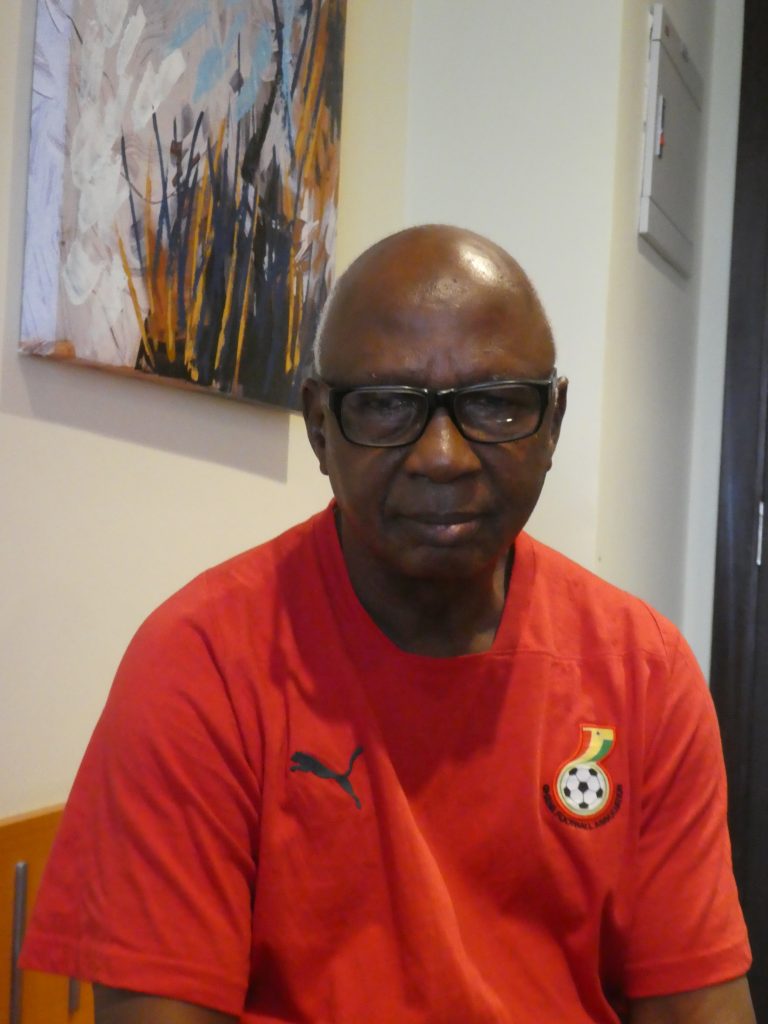Historic AFCON (Part Four)

Historic AFCON (Part Three)
January 2, 2024
Historic AFCON (Part Five)
January 2, 2024Historic AFCON (Part Four)

By Satish Sekar © Satish Sekar (December 31st 2023)
The Coup
Colonel Jafaar Nimeiri coveted power in Sudan – the 1969 coup d’état was not his first involvement in a coup. Fifteen months after independence was secured from Egypt in 1956, Sudan experienced its first attempted coup d’état. It was led by Abdul Rahman Ismail Kabeida against the government of Abdullah Khalil.
Nimeiry’s role was to provide armed corps to support the coup. His role was enough for him to be punished along with others involved in the 1957 coup attempt. The coup plotters, including Kabeida were released from their various punishments after the successful coup in 1958.
Planning for the May 25th 1969 coup d’état had been underway since 1968 – the timing was no coincidence as it coincided with the vacation season, which provided the opportunity as Nimeiry made full use of his vacation in Omdurman organising the coup. However, this coup was unusual in that there was significant opposition to it within the military, but no attempts were made to prevent it happening, especially as it was not even Nimeiri’s first coup involvement. However, once it had happened, Nimeiry brought opponents of the coup within the military into the new government.

Nimeiry’s Challenge
Nimeiry – said to be a football fan – knew that Sudan were huge underdogs. While they had fanatic home support, recent form in the Africa Cup of Nations (AFCON) was not encouraging, but Ghana was beatable – 1968 proved that. However, Nimeiry knew that it was now or never for Sudan, and him, both in football terms and his political ambitions.
Group A saw Cameroon beat la Côte d’Ivoire and Ethiopia to head Group A, and only need to avoid defeat to go through to the knockout stage. On February 10th 1970 Cameroon – only needing to avoid defeat against Sudan went from topping Group A to third place and elimination with a 2-1 defeat to Sudan. Cameroonian supporters attacked the officials after the final whistle. But Sudan had scraped through.
Egypt, still playing as the United Arab Republic, topped Group B. Ghana went through in second place, having avenged their defeat to Congo-Leopoldville (Congo-Kinshasa in 1970) with a 2-0 victory courtesy of a brace by the late Kwasi Owusu. The defending champions (Congo-Kinshasa) went home bottom of Group B. Guinea was also eliminated.
African greats Ibrahim Sunday and Malik Jabir, both playing for Asante Kotoko at the time, made history by scoring the goals that sent Ghana through to their fourth consecutive final by beating the Ivorians 2-1 after extra time – Jabir scored the winner. Meanwhile, Sudan beat the UAR 2-1, also after extra time.

The Chaotic Final
This was one of the most controversial AFCON finals ever. Reports cannot agree on the time of the winning goal, or even who scored it, but Sudan emerged as champions for the first time. And bizarrely, no footage of the final has survived in Sudan. And the Confédération Africaine de Football do not seem to have it either. Efforts to locate it in Ghana proved unfruitful too.
This is a pity as for many years, it was claimed that the Ghanaians were sore losers and refused to collect their losers’ medals as a protest at the officiating of the match by Ethiopian/Eritrean referee Tesfaye Gebreyesus Difua[1] and his team of officials. Therefore, as it stands, it is impossible to review this match. However, if his performance was that poor, it seems odd that he was so respected a referee as to officiate in five more AFCON Finals after 1970 (1978, 1980, 1984, 1986 and 1988), and that included another final in 1980 – Nigeria won their first AFCON title 3-0 against Algeria.
It was claimed that Ghana had refused to collect their medals and were immediately expelled from the country by Nimeiry, but yet again, something strange happened. Ghana claim that they did not refuse to collect their medals. They say that the usual protocol didn’t happen. The losers wee supposed to get their medals before the winners, but the crowd invaded the pitch, so the winners were quickly presented with the trophy and medals, and by the time the Ghanaians were told to return to get their medals, the tournament had already ended with the playing of the Sudanese national anthem.
It remains the only time that Sudan has triumphed in an AFCON – they did so after losing in the final twice previously. They have not appeared in another final. General Nimeiry had his success and he would cling to power for sixteen years.
[1] Gebreyesus went on to play a very important role in African football as both a referee and administrator. He refereed at two FIFA World Youth Championships, the 1984 Olympic Games, six AFCON Finals, including Ghana’s historic triumph in 1978 and many more. As an administrator he became President of the Eritrean Football Federation and also the regional organisation CECAFA (the Council of East and Central African Football Associations). He died in Asmara, Eritrea in August 2019, aged 78. He was awarded the Medal of Honour by the Supreme Council for Sports in 2012.

